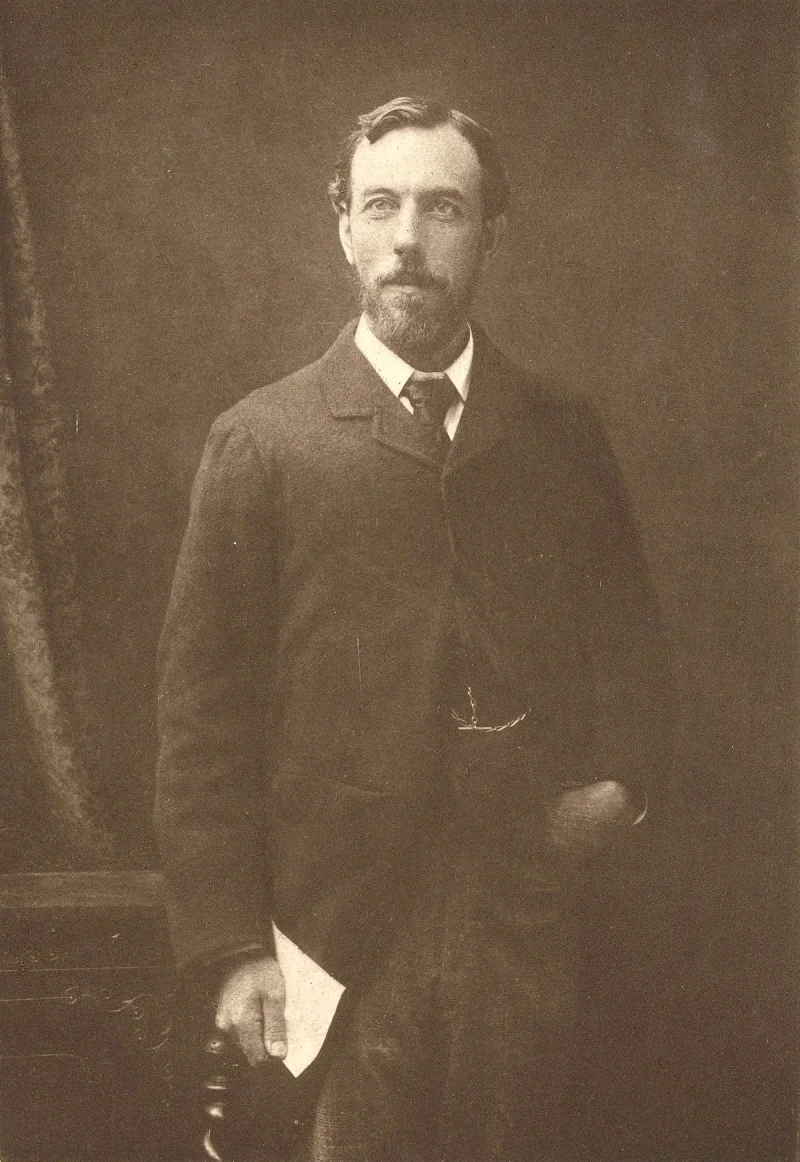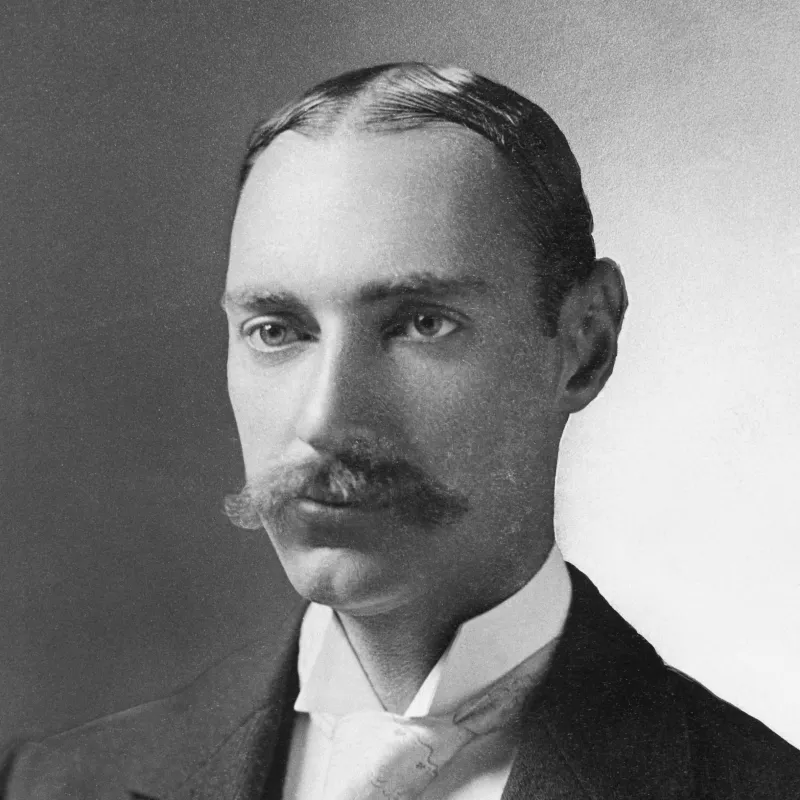Short Summary
John Philoponus was a prominent philosopher, scientist, and theologian of the late antiquity period, renowned for his critiques of Aristotelian physics and his contributions to Christian theology. His groundbreaking ideas on motion and inertia laid the groundwork for later scientific development, making him a key figure in the transition from ancient to medieval thought. Philoponus is best known for challenging the Aristotelian views that dominated his time, which significantly influenced both the Islamic Golden Age and the Renaissance.
Early Life & Education
John Philoponus was born around 490 AD in Alexandria, Egypt, a major center of learning and culture during his lifetime. His family background is not well-documented, but he was likely of Greek descent. Philoponus studied at the renowned Alexandrian School, where he was heavily influenced by his mentor, Ammonius Hermiae, a prominent Neoplatonist philosopher. This early education grounded him in the classical traditions of philosophy and science, setting the stage for his future contributions. His exposure to both Christian theology and Greek philosophy profoundly shaped his intellectual pursuits.
Career Highlights
Throughout his career, Philoponus emerged as a formidable critic of Aristotelian philosophy, particularly in the realms of physics and cosmology. He wrote extensively, producing commentaries on Aristotle's works that questioned and refuted many of Aristotle's foundational principles. His most notable works include "Against Aristotle on the Eternity of the World," where he argued for a finite universe, and his commentaries on physics and metaphysics. Philoponus's innovative ideas on dynamics and the nature of light were pioneering, contributing significantly to the development of medieval scientific thought.
Major Achievements
- Challenged Aristotelian physics: Philoponus refuted the Aristotelian concept of the eternal universe, proposing a finite universe instead.
- Developed early concepts of inertia: His ideas on motion prefigured later developments in classical mechanics by centuries.
Famous Quotes
- "Nature is the greatest artist."
- "The mind is not a vessel to be filled, but a fire to be kindled."
Interesting Facts
- Philoponus was one of the first to introduce the concept that light has a finite speed.
- His works were largely ignored in the Western world until the Renaissance rediscovery of classical texts.
- Philoponus's ideas strongly influenced Islamic philosophers, including Avicenna and Averroes.
Legacy / Influence
John Philoponus's enduring legacy lies in his bold challenges to established Aristotelian philosophy and his forward-thinking scientific ideas. His critiques and proposals laid the groundwork for later developments in the fields of physics and cosmology, influencing scholars during the Middle Ages and the Renaissance. His impact extended beyond the Christian world, affecting Islamic scholars and contributing to the preservation and advancement of scientific knowledge.
FAQ
Q: Why is John Philoponus famous?
A: He is known for his critiques of Aristotelian philosophy and contributions to early scientific thought.
Q: What was one of Philoponus's major scientific ideas?
A: He introduced early concepts of inertia, challenging the prevailing Aristotelian views on motion.
Q: How did Philoponus influence later scholars?
A: His works influenced both Islamic philosophers and Renaissance thinkers, bridging classical and medieval scientific ideas.
Q: Was Philoponus's work recognized during his lifetime?
A: His work was largely overlooked in the West until the Renaissance but was influential in the Islamic world.













